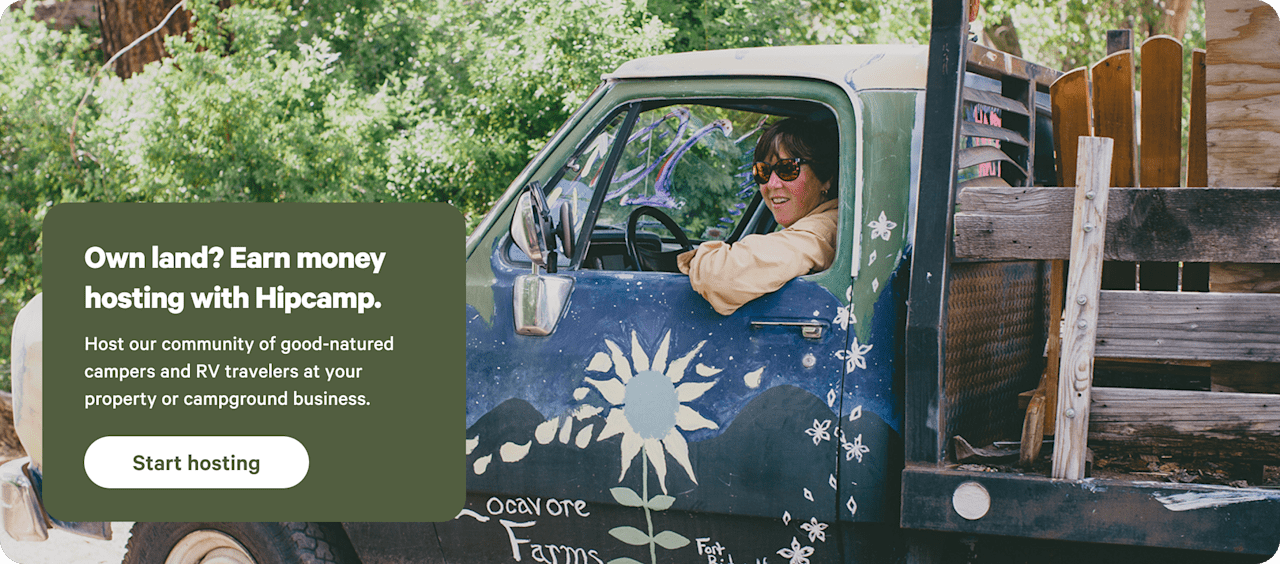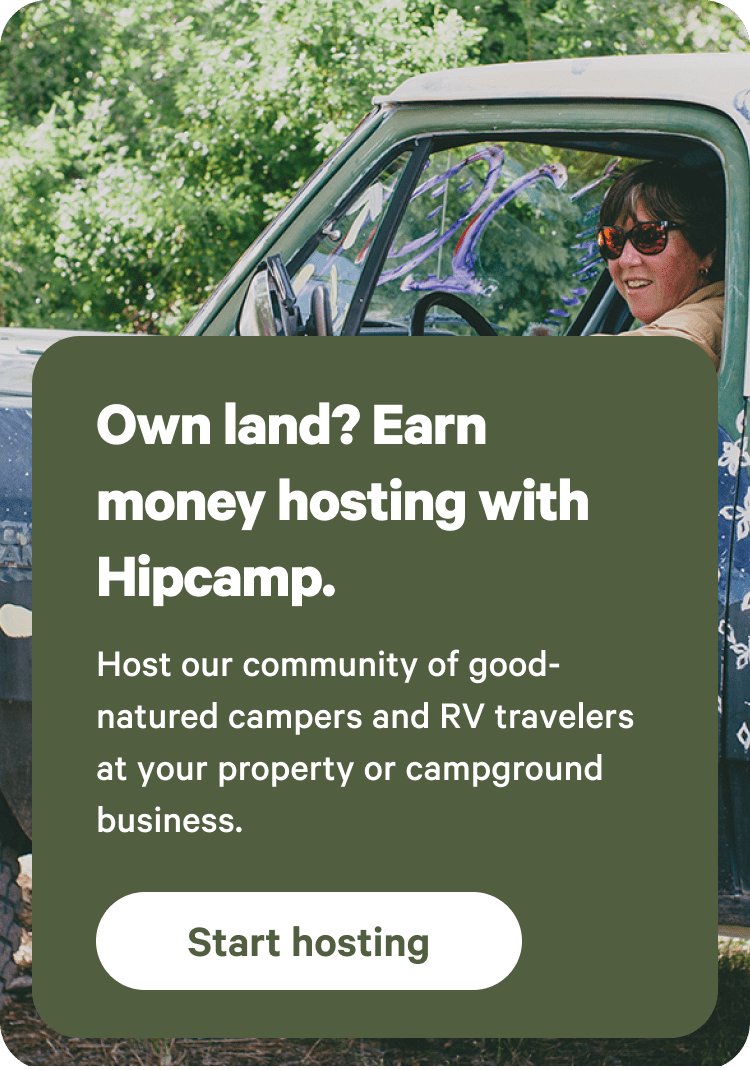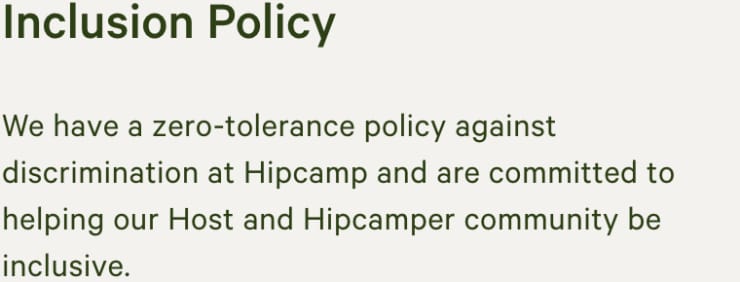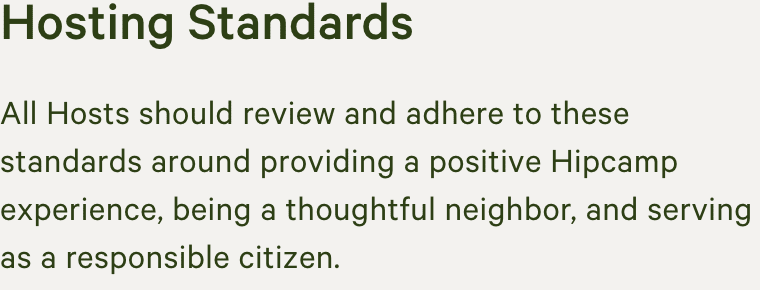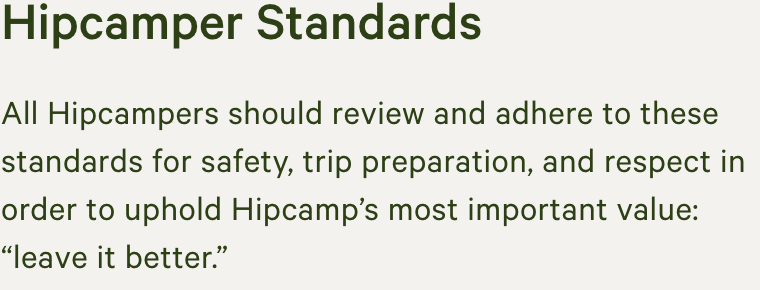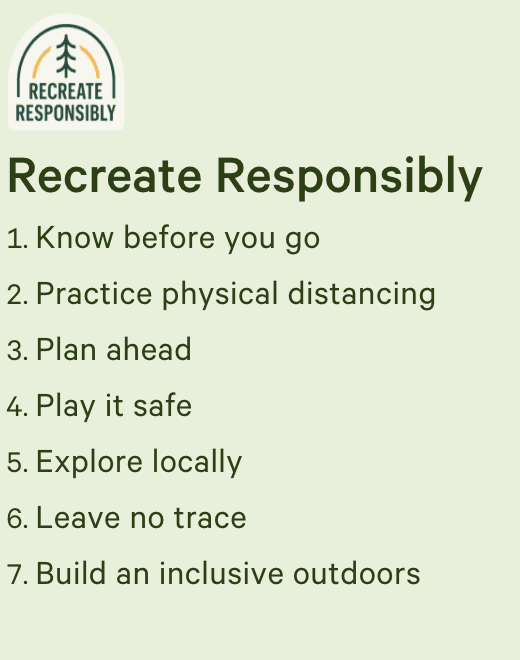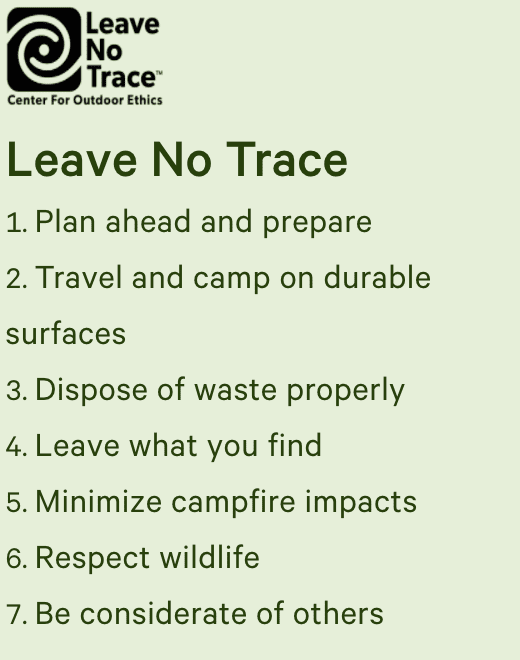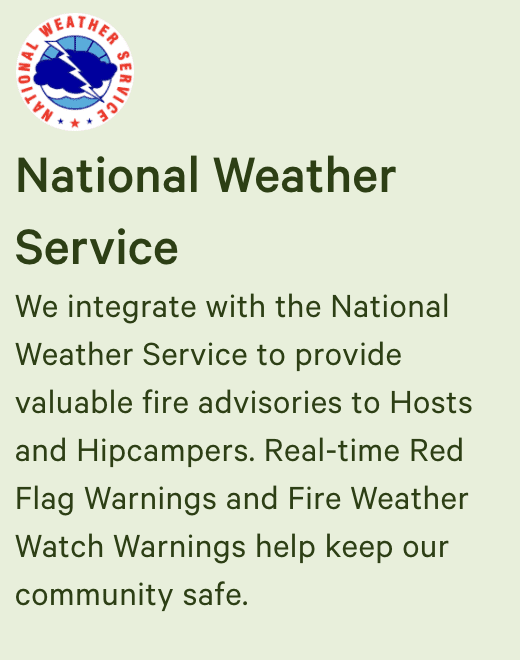Cave barns in United States
America's diverse terrain has something for everyone no matter what kind of camping you’re into.
Popular camping styles for United States
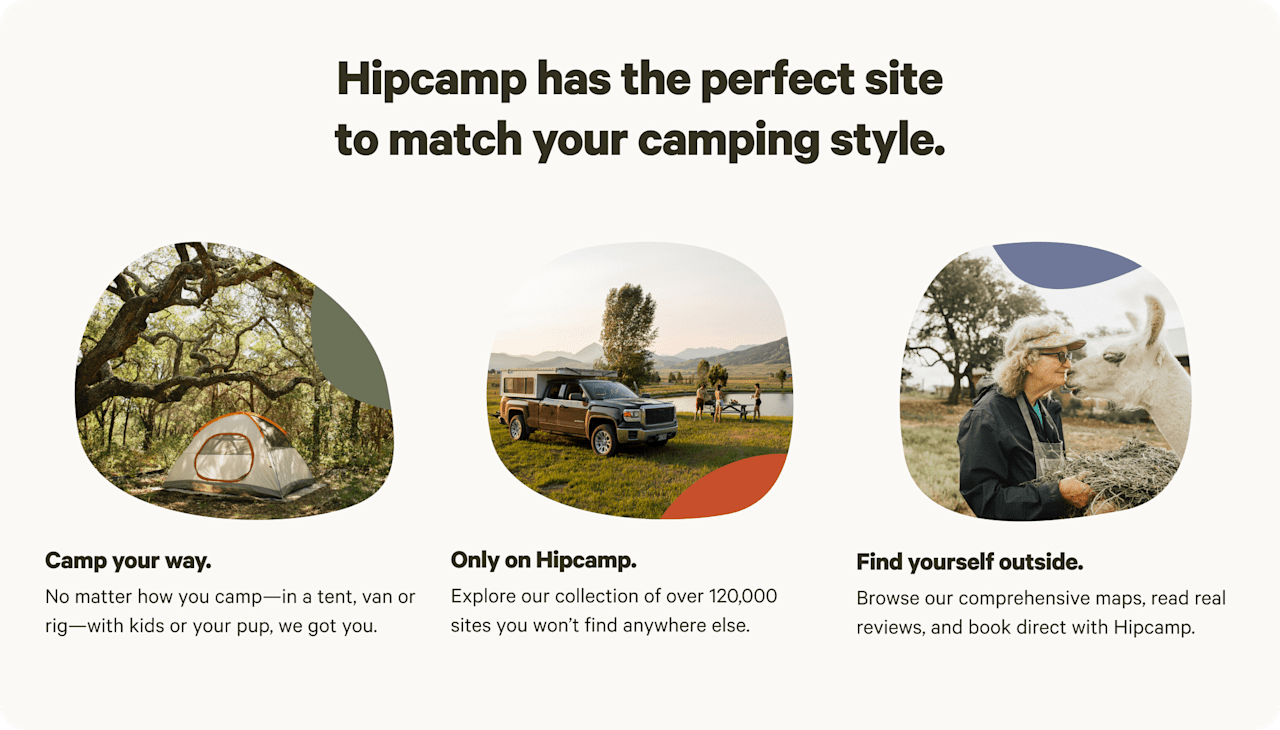

Cave barns in United States guide
Overview
With coastlines, alpine mountains, and verdant hillsides, America’s diverse terrain has something for everyone no matter what kind of camping you’re into—so it’s no surprise that more than 40 million people camp in America each year. The US has plenty of national parks (63 to be exact!) and a variety of landscapes and parks to choose from.
Where to go
Northeastern United States
Henry David Thoreau was famously smitten with his natural surroundings in Massachusetts—but the rest of the Northeast is pretty impressive, too. Consider Maine, which has an astonishing 3,500 miles of craggy coastline (That’s more than California has!). The extremely popular Acadia National Park has views for days thanks to gorgeous, pink granite cliffs, rocky beaches, and in the fall, spectacular foliage along the historic gravel carriage roads. Watch the day break from the summit of Cadillac Mountain—one of the first places in the United States to see the sunrise—or take a bracing dip in the waters of Sand Beach.
The Midwest
The Midwest is best known for its grassy, open spaces, but you can also camp around some incredible geographical attractions, particularly in South Dakota, where the legendary Badlands National Park houses rock formations and fossil beds, and Wind Cave National Park features one of the longest and densest caves in the world, with unique honeycomb-like boxwork formations. Above ground you’ll find the last remaining mixed grass prairie in the country—with elk, bison, and pronghorn sheep.
With more than 10,000 lakes, Minnesota is teeming with shoreline campsites, but Voyageurs National Park is by far the most impressive—to camp here, you actually have to arrive by boat.
The Southern United States
Sure, the American South is known for its charming cities, but its outdoor escapes are equally superb. Chesapeake Bay explorations and bluff-side campsites around historic Williamsburg are major draws in Virginia, but the state’s true claim to fame is Shenandoah National Park, offering more than 500 miles of hiking trails (including 101 miles of the Appalachian Trail), as well as Skyline Drive with over 70 stunning overlooks of waterfalls, wilderness, and forests. Rambling streams, mist-covered mountains, and some of the most diverse plant and animal life in the country abound at Great Smoky Mountains National Park, which straddles the borders of Tennessee and North Carolina.
Head further south for some true backcountry adventures—tents and hammocks only—in South Carolina’s incredible Congaree National Park, which preserves the largest tract of old-growth bottomland hardwood forest left in the US. If it's an underwater adventure you’re after, boat down to Biscayne National Park in the northern Florida Keys and get your fill of coral reefs, dive sites, mangrove forests, and wildlife watching.
The Southwest
The Grand Canyon is, without a doubt, the premier natural attraction in the Southwest, but several other natural phenomena make the region worthy of a visit. Big Bend National Park in Texas has very minimal light pollution, making it one of the best places in the country for stargazing, while New Mexico is home to White Sands National Park and its rolling dunes of rare, white gypsum sand that you can hike, tour on horseback, and even sled down. Travel further south through the state to Carlsbad Caverns National Park, a must-see labyrinth of more than 100 caves and stalactites. Pitch a tent in the backcountry (no lodging in the park) or set up your RV in the surrounding BLM land.
America's West Coast
West coast, best coast? Boasting wild landscapes and natural wonders at (almost) every turn, some argue the American West is a true camper’s paradise. America’s first national park, Yellowstone covers parts of Montana, Wyoming, and Idaho, and features more than 300 hypothermal geysers, including Old Faithful. For majestic scenery, try California, where you can find massive sequoia trees, waterfalls, and granite rock formations in Yosemite National Park, or panoramic views of stark desert at Joshua Tree National Park, named for the iconic, twisted, trees for which the park gets its name. One of the most ecologically diverse parks in the Pacific Northwest, Washington state’s Olympic National Park features three distinct ecosystems: glacier-capped mountains, rainforests, and the Pacific Coast. Stay at a campsite near the ocean and you might even catch a glimpse of humpback, sperm, or blue whales.
Even farther west, visitors flock to Haleakalā National Park on the Hawaiian island of Maui to see spectacular sunrises and sunsets from the summit of the park’s namesake dormant volcano. Equally as magical are the glaciers in Alaska’s Glacier Bay National Park and Preserve, where you can spend your days exploring misty fjords and your nights sleeping under the stars with puffins and whales nearby.
